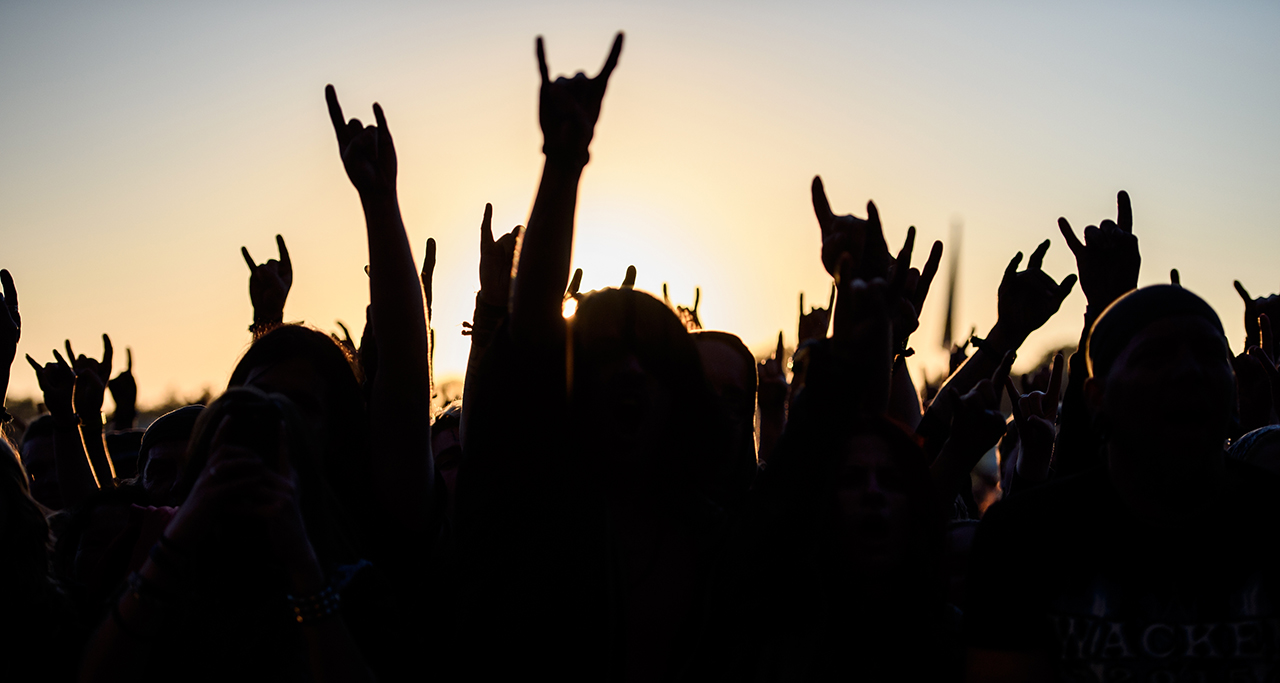METAL BLOG, Vol. 6 - by Steff Chirazi
With the death of Scott Weiland recently, the world of rock’n’roll found itself engaging in another round-robin flurry of discussion on the issue of drugs in music. Both have always managed to find each other across the crowded dance-floor and shimmy until the sun rises. Drugs know no genre. From jazz to hip-hop to alternative to metal, many incredible creative energies have done the dance in various ways; some simply haven’t made it back from the dancefloor alive.
Gojira, the French quartet who ‘discuss’ the environment via some absolutely brutal, and relentless, delicious aural thuggery deserve your immediate attention right now whether you aways loved them or don’t know them, and what about the wall of power underlit by female vocals that is Eths (https://www.youtube.com/watch?v=pewfMNiF74Q)? Great, crisp and crunchy sound with blistering percussion and some cool melodies slipped in and around the aggro. Want your morning coffee a little blacker? Try Parisian quintet Vorkreist for some thick, wonderfully gruesome and old school black metal (https://www.youtube.com/watch?v=_JeiBLeT8mA#action=share), and if you like more classic, traditional thrashier metal constructs complete with lush melodies that doesn’t lack crunch, then Dagoba would be your band (they’re passing resemblance at times to Machine Head not withstanding - https://www.youtube.com/watch?v=EI1Wf206vfs). Yeah, this is a good time to go and explore the French metal scene for yourself, support it with your ears and your heart.
It’s easy to sit and moralize. There was a fair old bit of that going on when news of Weiland’s passing broke, this despite the fact no cause of death had been established as the voices of anger and condemnation erupted. There was a lot of ‘he had the position to get help’ and ‘why should I cry for another rich, spoilt rock star’ sort of stuff, as if whatever riches he had managed to amass were a printed guarantee against inner-pain.
It’s a strange world. Musicians have a dream. To be heard creating things, and to be publicly recognized for these talents, yet some musos come with the nervous dimension of those who simply don’t believe they’re worth much, and for whom even a constant string of praise offers little inner-fortification. In these situations we have the classic paradox to be sure, often resulting in a perceived swagger and arrogance which actually masks darkness and some degrees of despair.
The highs of a live audience are often topped by the lows of sitting in a room alone wondering what happened (or why more isn’t happening right then), all the while deep down feeling a deep sense of almost suffocating self-doubt. This leads to drugs, whether to enhance a moment or escape it, and that leads to a plethora of other issues. Potential addiction. Potential loss of family and friends. Potential loss of self.
Yet more often than not, through it all, the one place which never seems affected is the actual music itself. And then comes the biggest reality of all. Much of the music we love, adore and applaud at deafening volume, has been created using the very drugs many people sneer at. No-one wants to see people wreck themselves in any way, whether with lack of confidence, a plethora of drugs or copious amounts of both. But we would do well to remember that many of us enthuse over art which has come as a consequence of these complicated situations, that often the musicians air similar darknesses and woes as those felt by Ben in Bradford or Sarah in San Francisco.
When The Rolling Stones wrote about “Dead Flowers” is wasn’t horticultural, and Alice In Chains didn’t write the likes of “Sickman” to offer some deep thoughts on having the flu. Ministry? “Just One Fix”? No, it was not a cry for the plumber to come and sort out that burst pipe. Even the more velvet-gloved poets and artists, the Nick Caves and Lou Reeds, danced with the darkest of drug devils, but my point is not to simply state that many classic works were created with the help of drugs and alcohol more that much of the music we enjoy owes it’s roots to them.
So as the anger started rolling in hours after Scott Weiland’s death, as the judgements and ‘fuck hims’ flew through the internet, I wondered how many of those people took the time to remember that they signed up for the ride, voting with their ears and eyes whenever he released new material or rolled into town? It’s not as though no-one knew about his battles, yet people didn’t stop supporting the fruit of his often tortured labours.
I don’t know the details of Weiland’s later years. I interviewed him early on in Stone Temple Pilot’s career (just him) when Core was released, and I was also on the Butthole Surfers/STP tour in 1993. I liked him, he seemed fine to me but I did notice that he seemed to be a bit like a loud puppy, barking a lot but in need of reassurance. Our paths didn’t cross in detail again, and as such, I would never claim to have ever ‘known’ him. He was, to my memory, another (at that time) young, talented but vulnerable and insecure artistic-type behind the puff and bluster.
I have no doubt that many people tried to help him, and their anger, their despair, is understandable. But even they would likely simply recognize that he was ill, very ill, and never able to really treat himself. Who really knows? Perhaps only his nearest and dearest. But one thing I do know is that fans and members of the general public being ‘angry at him’ is in some way hypocrisy.
Would we be prepared to see these people get well if it meant they walked away from making music? Would we allow them that? Would we perhaps leave them alone in the first place, enjoy what they do but not pick apart their every move via ‘paparazzi’ coverage? It’s a question worth asking yourself. Because at the end of the day, whatever their bank account or press file said, when the Scott Weiland’s of this world pass away it really wasn’t a ‘choice’. It was a sad, inevitable end to problems and issues that arguably helped give his art it’s edge, yet also insured he would not make it to the finish line. Just like Scott Weiland, Kurt Cobain, Michael Hutchence. So try not to be judgemental or angry, because it really wasn’t their choice…

